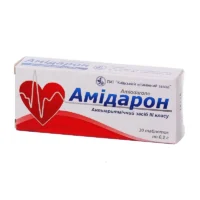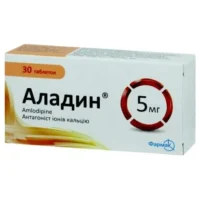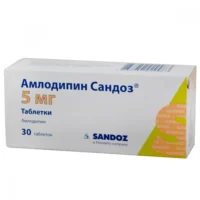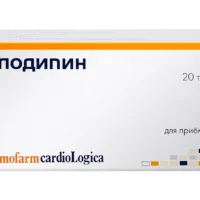Description
Epipen Junior (Epinephrine) Solution for Injections 0.15 mg/dose 2 ml. Solution Syringe №1
Ingredients:
Each 2 ml syringe contains 0.15 mg of epinephrine.
Mechanism of Action:
Epinephrine acts on adrenergic receptors, leading to vasoconstriction, bronchodilation, and increased cardiac output. It counteracts the vasodilation and increased vascular permeability seen in anaphylaxis, thereby reversing severe allergic reactions.
Pharmacological Properties:
Epinephrine is a sympathomimetic agent that mimics the effects of the sympathetic nervous system. It has alpha and beta adrenergic agonist properties, exerting its effects on various organs and tissues.
Indications for Use:
Epipen Junior is indicated for the emergency treatment of severe allergic reactions (anaphylaxis) in pediatric patients weighing 15 to 30 kg.
Contraindications:
Do not use Epipen Junior if you are allergic to epinephrine or any of the other ingredients in the solution. Use with caution in patients with underlying cardiovascular diseases.
Side Effects:
- Common side effects may include palpitations, tremors, anxiety, headache, and dizziness.
- Severe side effects such as arrhythmias, hypertension, and pulmonary edema may occur with excessive dosing.
Usage Instructions:
The recommended dose for Epipen Junior is 0.15 mg injected intramuscularly into the anterolateral aspect of the thigh. Administer promptly in the event of a severe allergic reaction. Seek medical help immediately after its use.
Benefits Compared to Analogues:
Epipen Junior offers a convenient pre-filled syringe with a fixed dose, ensuring accurate dosing in emergency situations. Its user-friendly design makes it suitable for quick administration by caregivers or individuals.
Suitable Patient Groups:
Epipen Junior is specifically formulated for pediatric patients weighing 15 to 30 kg. It is also suitable for use in elderly patients who may require a precise and rapid-acting treatment for anaphylaxis.
Storage Conditions and Shelf Life:
Store Epipen Junior at room temperature away from light and moisture. Check the expiration date regularly and replace the device as needed to maintain its efficacy.
Packaging Description:
Epipen Junior is supplied as a single-use, pre-filled syringe containing 0.15 mg of epinephrine in a 2 ml solution. The syringe is designed for easy and rapid administration in emergency situations.
Clinical Evidence and Proven Effectiveness:
Epinephrine has been extensively studied in clinical trials, demonstrating its safety and efficacy in managing anaphylaxis in children. Early administration of epinephrine has shown to significantly improve outcomes in patients experiencing severe allergic reactions.





